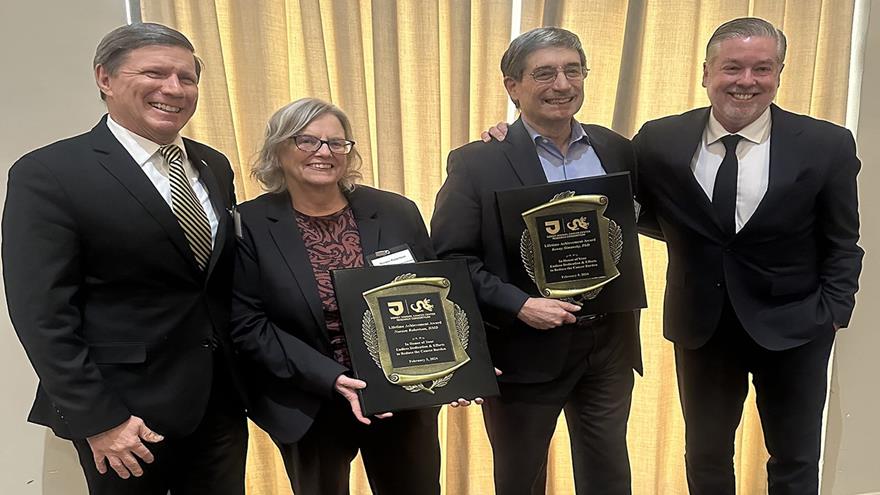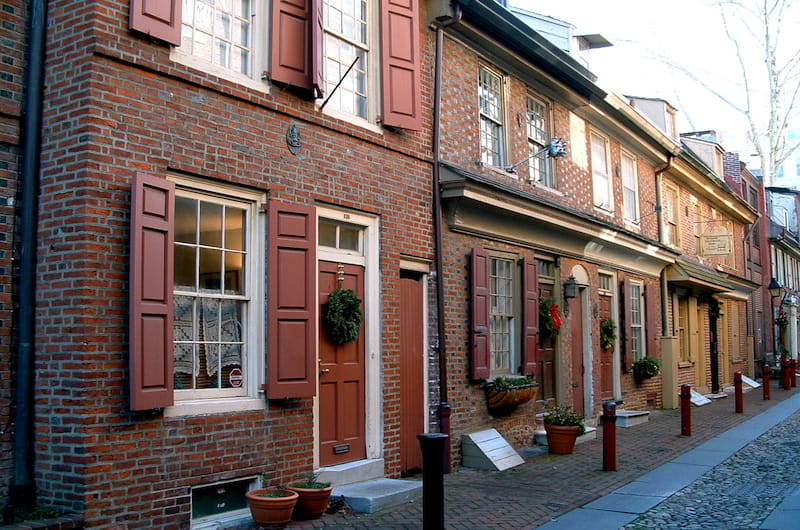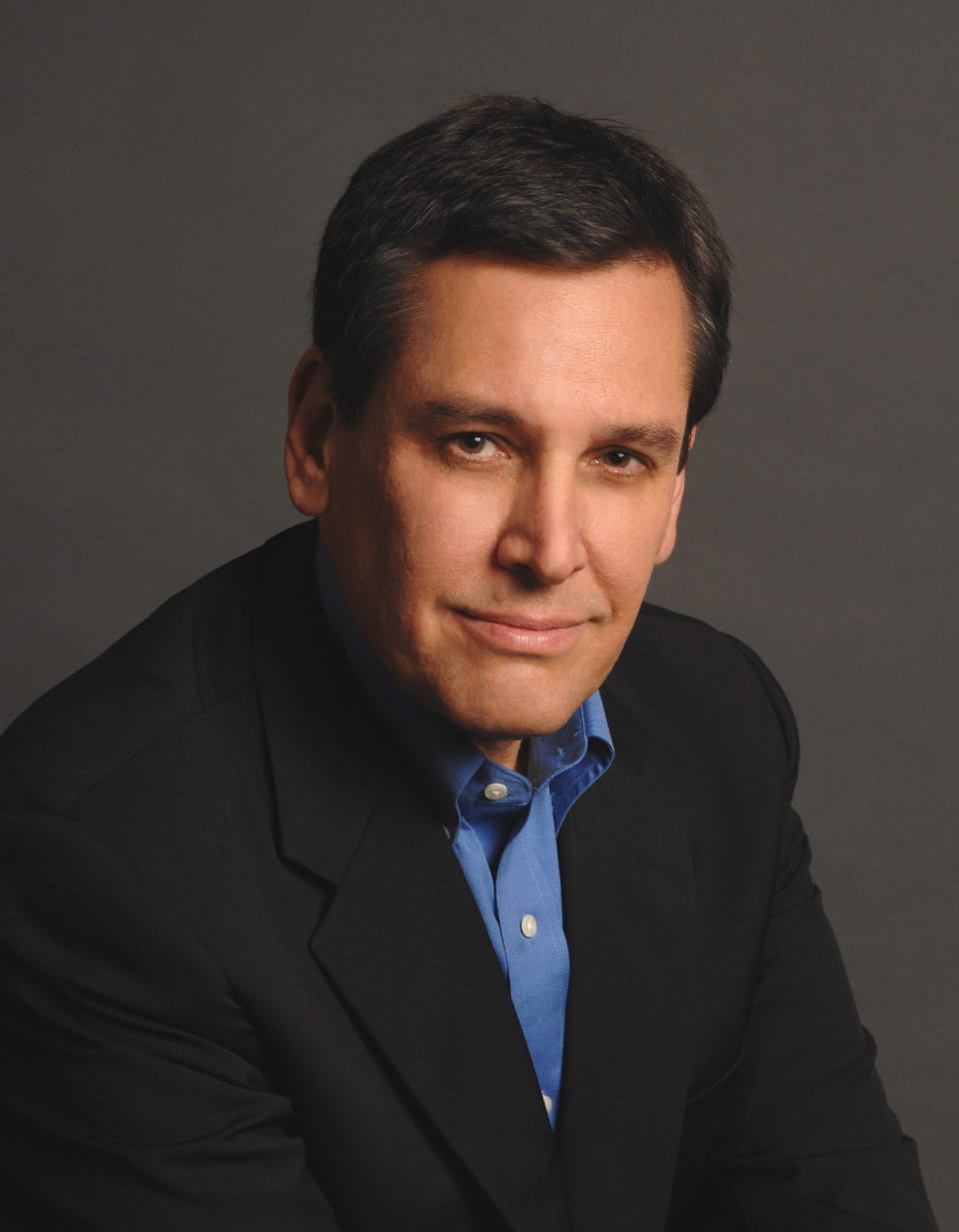Drexel’s Harris M. Steinberg Chosen to Chair Mayor Kenney’s Historic Preservation Task Force


It is without question the birthplace of the nation and Philadelphia, the first World Heritage City named in the United States — is a city ripe with history. From her cobblestone streets, iconic rowhomes, and public squares that date from the original “Green Countrie Towne” vision of William Penn, it’s clear history lives here.
Philadelphia has benefited from its historic roots greatly in the past decade. With a steady influx of new residents and sweeping transformations to public spaces both grand and small, Philadelphia is viewed as a great city in which to live, work and play. With growth, comes challenges, particularly in a city with nearly 335 years of historic fabric. Today, as development pressures rub up against time-honored city neighborhoods, Philadelphia is seeking new ways to carefully manage the twin goals of growth and preservation. With this in mind, Philadelphia Mayor Jim Kenney decided it is time to rethink how Philadelphia preserves its historic resources – and to help spearhead these efforts, he appointed Drexel’s Harris M. Steinberg, FAIA, director of the Lindy Institute for Urban Innovation, to chair a new Historic Preservation Task Force.

“Our current historic preservation ordinance is more than 30 years old and was written when Philadelphia was a very different place,” said Mayor Kenney. “We need to look at preservation for a city that is adding people and jobs, while still keeping in mind the resource constraints we face.”
The 29-member task force will focus on historic preservation, development, archeology, land use, architecture and community issues. “Philadelphia was the first city to adopt a city-wide preservation ordinance in the United States in the mid-1950s,” said Steinberg. “The ordinance has been modified and evolved over the decades to meet the demands of subsequent generations. It is now our time to add our voices to this ongoing dialogue.”
John Fry, Drexel’s president, said, “As he demonstrated in shaping a brilliant new vision for the Delaware River that put Philadelphians back in touch with their waterfront, Harris Steinberg brings to historic preservation a unique ability to convene stakeholders around important issues impacting the public realm.”
The Historic Preservation Task Force will review and document the current preservation practices within the city as well as identify impediments to preservation in Philadelphia. They will be responsible for assessing approaches to comprehensively survey, identify and catalog Philadelphia’s historic resources, particularly culturally significant properties. The force will also evaluate the ability to apply the best national preservation practices on a local scale.
"I'm excited about helping to facilitate an open and transparent public process to determine how Philadelphia can best respond to the tensions and trade-offs inherent in the dynamics around preservation and growth in our city,” said Steinberg. He will work with members of the task force to engage stakeholders in public discourse surrounding the economic, cultural and social benefits of preserving historically significant aspects of the built environment – as well as recommend creative solutions for incentivizing adaptive reuse.
The National Trust for Historic Preservation will provide technical assistance to the task force. A grant from the William Penn Foundation will support its operations. The task force will begin its work in June. It will issue an interim report in spring 2018, a draft final report in fall 2018, and a final report in December 2018. Its meetings will be held across the city and will be open to the public.
Drexel News is produced by
University Marketing and Communications.